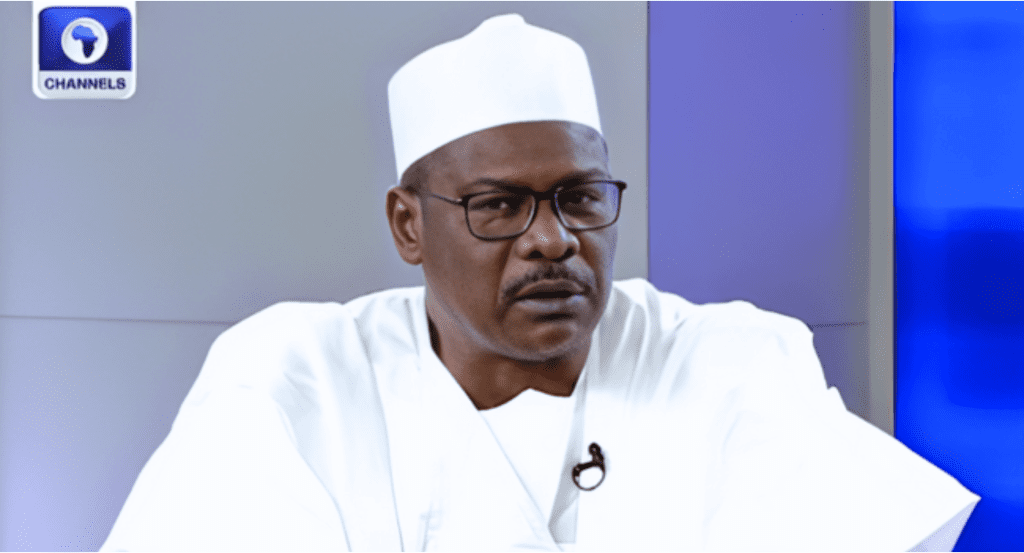Nigerian lawmakers and civil society groups are calling for a thorough investigation following allegations that the United States Agency for International Development (USAID) may have indirectly funded Boko Haram. The claims have sparked concerns over foreign aid oversight and the potential misuse of humanitarian funds in Nigeria’s conflict zones.
Senator Ali Ndume, Chairman of the Senate Committee on Army, has urged the federal government to conduct an independent inquiry into the allegations. He described the claims as “weighty” and stressed the need for transparency in how international organizations operate in Nigeria. Ndume stated that while foreign assistance is crucial, any indication that aid funds are being diverted to terrorist activities must be addressed immediately.
The allegations stem from reports suggesting that USAID and other foreign agencies might have unknowingly funneled resources into Boko Haram-controlled areas under the guise of humanitarian support. Concerns have been raised that certain non-governmental organizations (NGOs) working in conflict zones could be exploited by insurgents who seize aid meant for displaced persons and vulnerable communities.
In response to the controversy, USAID has denied any intentional involvement in funding terrorist groups. The agency has called for an independent probe to verify the claims and reaffirmed its commitment to Nigeria’s development and security. A USAID spokesperson emphasized that the organization follows strict oversight procedures and works closely with local and international partners to ensure aid reaches its intended recipients.
Experts note that militant groups often exploit humanitarian efforts by imposing levies on aid workers or intercepting supplies meant for civilians. The Nigerian military has previously warned of insurgents infiltrating relief efforts, prompting tighter regulations on aid distribution in the Northeast. However, critics argue that more needs to be done to prevent aid from falling into the wrong hands.
Security analysts have suggested that a joint investigation involving the Nigerian government, international agencies, and security forces would be the most effective approach. They argue that enhanced monitoring of aid distribution channels, stronger accountability measures, and better coordination between donors and local authorities are necessary to prevent further exploitation.
The federal government has yet to announce any official investigation, but pressure is mounting from lawmakers and advocacy groups. Given the sensitivity of the allegations, authorities are expected to act swiftly to maintain public trust in international partnerships while addressing security risks posed by Boko Haram.
As discussions continue, stakeholders emphasize the importance of ensuring that foreign aid supports its intended purpose—helping vulnerable populations—without unintentionally fueling insecurity in Nigeria




















